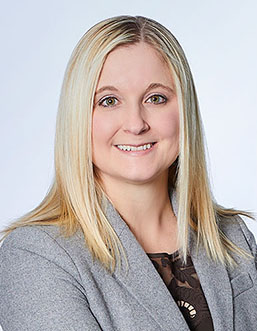A driver lost control of his truck and crashed into a cabin causing property damage, including a heating fuel spill, and personal injuries to the cabin’s owner. The cabin’s owner brought suit against the driver and his insurer alleging in part that the insurer took charge of and negligently handled the fuel spill cleanup. The trial court granted summary judgment in favor of the insurer finding it owed no duty to the cabin’s owner. On appeal, the Alaska Supreme Court found a duty by the insurer was not precluded, and summary judgment was not appropriate.
In 2011, a driver lost control of his truck and crashed into Burnett’s cabin causing property damage. An attached heating oil tank was damaged and fuel spilled onto and under the cabin. Burnett also suffered bodily injuries, including lung problems from breathing fuel fumes.
The driver’s insurer, GEICO, hired a contractor to prepare a cleanup plan for the fuel spill that was to be approved by the Alaska Department of Environmental Conservation (DEC) and to coordinate the necessary cleanup. The cleanup was delayed when the DEC denied the original plan. Burnett requested that GEICO allow him to coordinate the cleanup, but this request was denied. The cleanup did not occur until 2013, nearly two years after the accident. During that time the fuel migrated under the cabin making it uninhabitable and complicating Burnett’s respiratory issues.
Burnett sued both the driver of the truck and GEICO alleging that GEICO had prevented him from cleaning up the fuel, had stated it would take care of the cleanup, and then had not done so in a timely manner, causing further damage. After the cleanup was complete, GEICO made a payment to Burnett in exchange for Burnett’s dismissal of the claim against the driver. The claim against GEICO remained, and GEICO moved for summary judgment claiming that it owed Burnett no direct duty to act reasonably in handling the property cleanup. The trial court granted the motion.
On appeal, the Alaska Supreme Court questioned whether an insurer’s duty to its insured prevents it from taking on any tort duty to a third party claimant during the claims handling process. The court resolved this question by holding that a liability insurer can owe a tort duty to a third party claimant when the insurer’s claims handling actions affirmatively create a new and independent duty to the claimant. The court further found: by GEICO choosing to take control of the cleanup rather than pay Burnett to have it done, GEICO was exposed to all of the liability risk associated with managing an environmental cleanup. The court clarified GEICO’s potential duty would arise out of the agreement between GEICO and Burnett relating to the cleanup, not out of GEICO’s insurance policy with its insured.
The court found there were questions of fact whether GEICO affirmatively undertook an independent duty to Burnett and whether Burnett relied on GEICO’s undertakings to his detriment. That decision was to be made after an evidentiary hearing or trial. The court held summary judgment in favor of GEICO was not appropriate. The two dissenting justices found no support for finding a “new and independent” duty. Instead, they feared the majority’s ruling would “expand the law in a direction it does not need to go” and was likely to “unnecessarily complicate” future cases insurers defend. The Alaska Supreme Court reversed and remanded.
